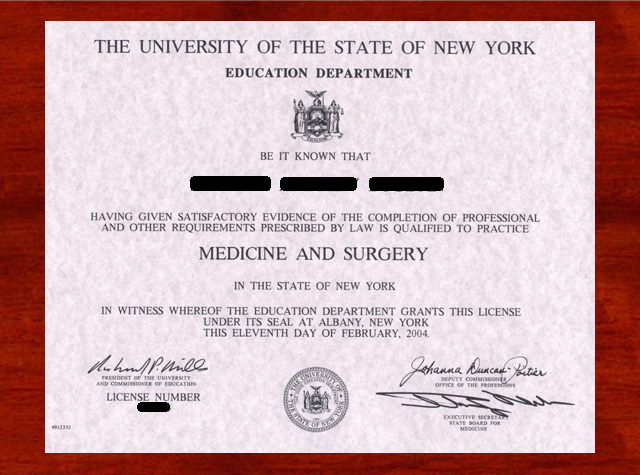When a person first ends up being certified to become a realty agent, they obtain a real estate salesperson's license (some states utilize the term "broker") from the state in which they will practice. To acquire a genuine estate license, the candidate must take specific coursework (between 40 and 120 hours) and pass a state exam on real estate law and practice. To work, salespersons need to be connected with (and act under the authority of) a real estate broker. In Delaware, for example, the licensing course requires the candidate to take 99 classroom hours in order to qualify to sit for the state and nationwide assessment. Many States require candidates for the general sales license to complete in between 30 and 90 hours of class guideline. To get a broker's license a private needs in between 60 and 90 hours of formal training and a specific amount of experience selling property, generally 1 to 3 years. Some States waive the experience requirements for the broker's license for applicants who have a bachelor's degree in genuine estate. State licenses normally need to be restored every 1 or 2 years; generally, no assessment is needed. However, many States need continuing education for license renewals. Potential agents and brokers should get in touch with the real estate licensing commission of the State in which they wish to work to validate the precise licensing requirements (How to get started in real estate investing).
Brokers look for agents who have an enjoyable personality and a neat appearance. They need to be at least 18 years of ages. Maturity, profundity, dependability, sincerity, and enthusiasm for the task are needed to attract prospective customers in this highly competitive field. Agents should be well arranged, be information oriented, and have a great memory for names, faces, and service details. A great understanding of the city and its communities is a clear benefit. What is pmi in real estate.
Genuine estate brokers and sales representatives Look at more info typically find new customers through referrals. Real estate brokers and sales agents typically must finish a number of property courses and pass a licensing examination. Real estate brokers and sales representatives must complete some realty courses to be qualified for licensure. Although many brokers and agents should take state-accredited prelicensing courses to become certified, some states may waive this requirement if the candidate has http://juliusjbxj270.theburnward.com/where-to-invest-in-real-estate-for-beginners taken college courses in property. As the realty market becomes more competitive and intricate, some companies are preferring to employ candidates with a college degree. Some community colleges, colleges, and universities use courses in property.
Courses in financing, organization administration, economics, and law likewise can be useful. Brokers planning to open their own company typically take service courses, such as marketing and accounting. In addition to offering prelicensing courses, many property associations have courses and expert development programs for both beginners and experienced agents. These courses cover a range of subjects, such as property fundamentals, realty law, and home loan financing. All genuine estate brokers Learn here and sales representatives need to be licensed. Licensing requirements differ by state, but many have comparable fundamental requirements: Prospects should: be 18 years old complete a variety of property courses pass a test Some states have additional requirements, such as passing a background check.
How To Get Real Estate Leads Fundamentals Explained
However, some states have reciprocity arrangements because they will accept some requirements utilized to get a license in another state (such as course hours). To obtain a broker's license, people typically require 1 to 3 years of experience as a certified sales representative. They likewise must take extra formal training courses. In some states, a bachelor's degree may be substituted in location of some experience or training requirements. State licenses generally need to be restored every 2 to 4 years. In most states, brokers and representatives must complete continuing education courses to renew their license. To validate exact licensing requirements, prospective brokers and agents must get in touch with the genuine estate licensing commission of the state in which they wish to work.

Requirements differ by state, but the majority of need 1 to 3 years of experience. Property sales agents improve their abilities through practice and repeating. Training differs depending upon the real estate business. Some offer official training, while others enable their representatives to get in the field immediately after getting their license. Insome states, representatives need to be sponsored by a broker while they are working to get their license. Since of the sales environment and the intricacy of genuine estate offers, new agents may observe and work closely with more senior agents. Larger property business might provide formal classroom training for brand-new agents as a method to get knowledge and experience, while others provide training to workers studying for their property licensing test.
Due to the fact that most brokers are self-employed, they should manage every element of their business. This task consists of reaching out to prospective clients, managing their financial resources, and promoting their services. Strong social skills are vital genuine estate brokers and sales representatives, due to the fact that they invest much of their time engaging with customers and customers. To draw in and keep clients, they need to be pleasant, enthusiastic, and trustworthy. Realty brokers and sales agents should be able to work individually, handling their own time and organizing, preparation, and prioritizing their work. Who pays the real estate agent. Property brokers and sales representatives require to be able to rapidly (in some cases immediately) address concerns clients or prospective consumers may have with a property.